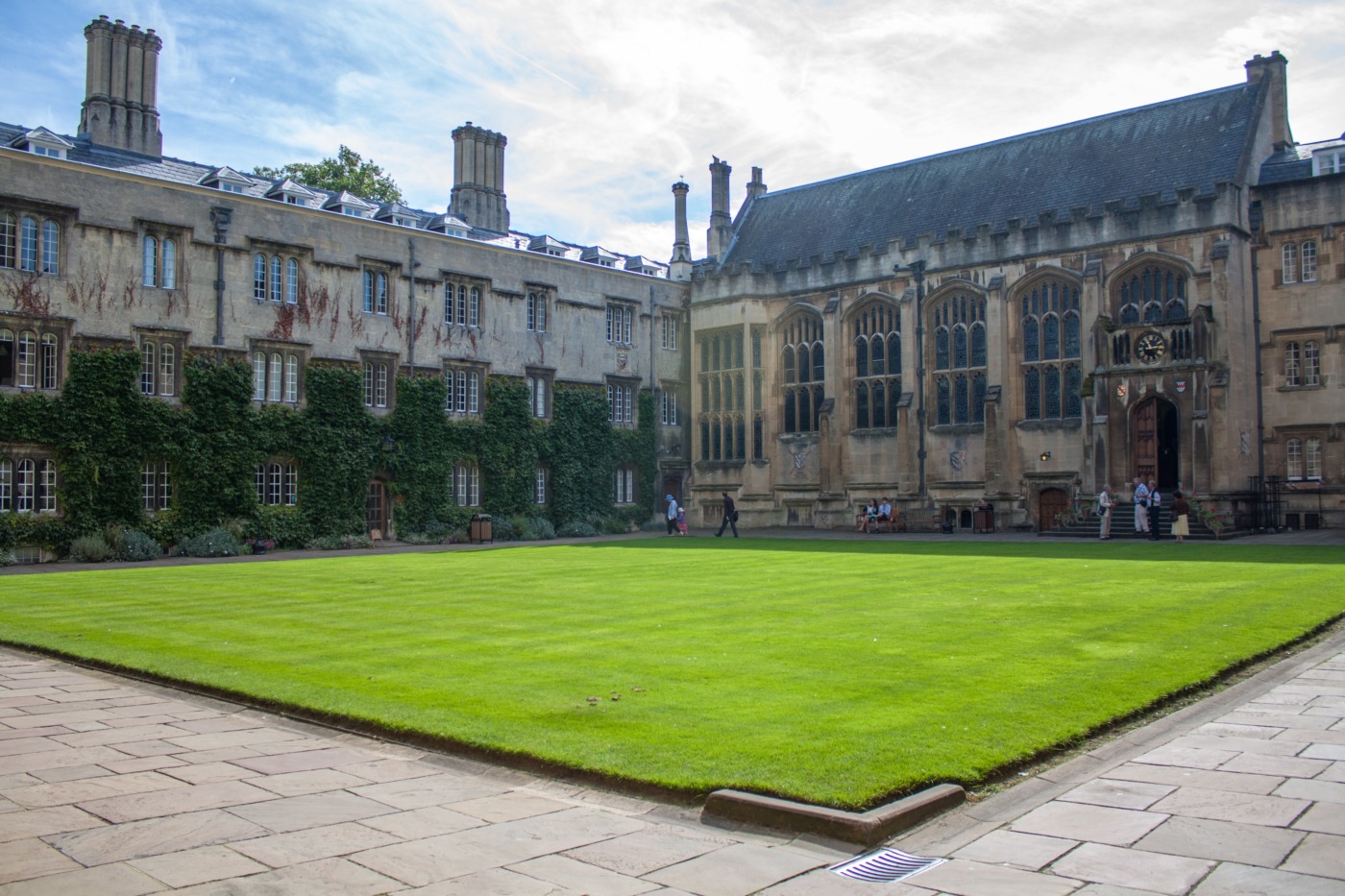Delaying 2021 A-level exams may wreak havoc on university admissions
The former head of UCAS, Mary Curnock-Cook, has expressed concern at potential plans to delay 2021 examinations for GCSE and A-level students.
The plans have been drawn up to give pupils a chance to regain teaching time lost as a result of the COVID-19 pandemic.
After schools closed at the end of March, there have been concerns that pupils will not have had enough teaching input to cover their syllabus in time for the traditional exam season in May/June.
Delaying exams could provide a solution to replace this lost teaching time. Earlier this month, the Education Secretary, Gavin Williamson, told MPs that the government was intending to consult with Ofqual on the possibility of delaying 2021 GCSEs and A-levels, in order to give pupils “extra time in order to be able to learn and really flourish”.
Dr Tony Breslin, former chief examiner for GCSEs and a chair of examiners for A-levels, supported the suggested measure: “The marking schedule does not need the length of time that it needed a decade ago since there are now far more digital papers.”
Well-informed, affluent, educated middle class families are always better able to navigate things that change suddenly. It is disadvantaged families that you have to worry about when something is just more compressed
– Mary Curnock-Cook
However, the proposal has been met with concern from some individuals in the education sector. Geoff Barton, general secretary of the Association of School and College Leaders, expressed concerns that such a move would “create more problems than it solves”, with a potential delay to the publication of results affecting university and sixth-form admissions.
Mary Curnock-Cook, former head of UCAS, told The Telegraph: “I am very sympathetic to the idea that a lot of pupils have missed out on a lot of teaching and learning this summer, but I am not sure that is the right solution.”
She expressed particular worries surrounding delays to results day, pushing it from August into the start of the autumn term in September, as well as the viability of the clearing process if delayed to this extent.
These delays would be likely to hit more disadvantaged students the hardest. Ms Curnook-Cook said: “Well-informed, affluent, educated middle-class families are always better able to navigate things that change suddenly. It is disadvantaged families that you have to worry about when something is just more compressed.”
Elliot Major, professor of social mobility at the University of Exeter, has similar concerns about the impact of COVID-19 on disadvantaged families, highlighting the ways in which lockdown will be “bad for social mobility” and may exacerbate the existing tendency for children from lower socioeconomic backgrounds to fall behind their peers over long school holidays.
Ms Curnook-Cook added: “If you are trying to make up the lost learning time, there might be better ways such as shortening half terms [or] shortening the holidays.”

Comments